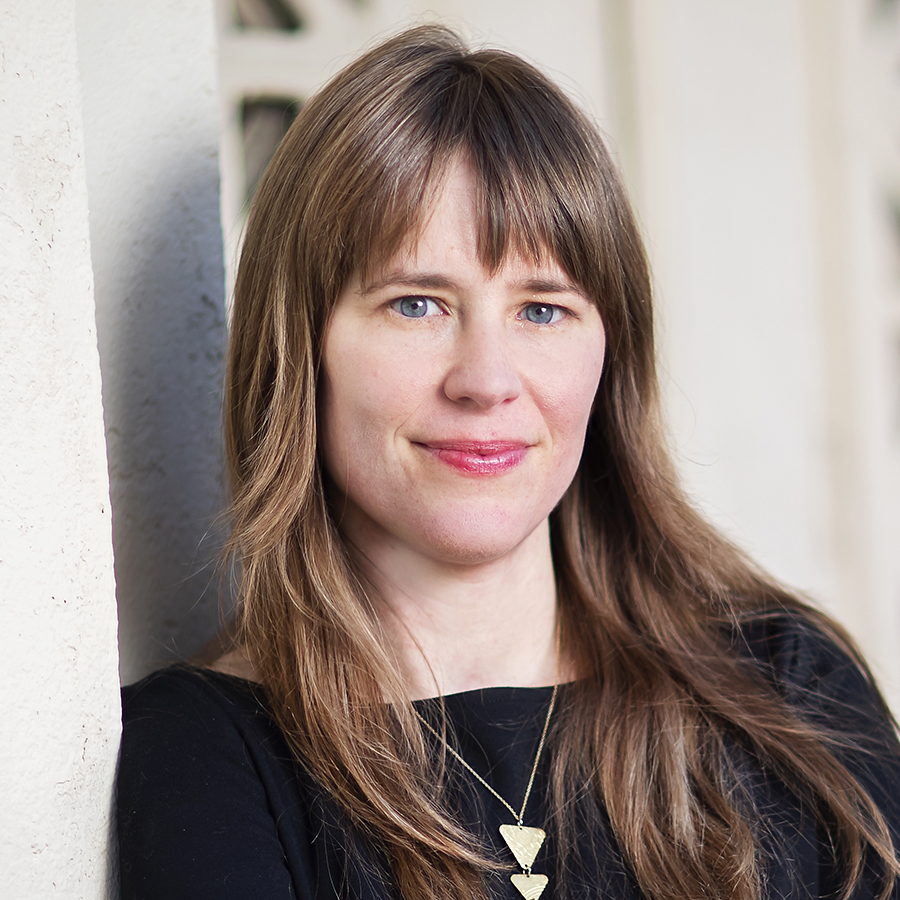
Power structures often order our personal and professional lives--from macro-level institutional frameworks governed by collective laws and policies to micro-level organizational relationships shaped through individual actions and practices. Some of these structures are designed to offer clear, open, and equitable social benefits for diverse populations. Others are situated within systems that obscure their harmful effects on specific, historically marginalized, groups. This course will offer learners a critical lexicon for identifying, describing, and engaging with organizational and institutional expressions of power. In addition to examining mixed-methods research, historical examples, and contemporary case studies that demonstrate relationships between power, structural hierarchies, and difference, learners will participate in simulations that highlight the personal “power maps” each of us navigate in social landscapes--across real-world professional spaces--every day.
Foundational Requirements Contributions
- Analytical and Critical Skills
- Communication
- Cross-Cultural Interactions & Diversity
- Historical Perspectives
*Academic credit is defined by the University of Pennsylvania as a course unit (c.u.). A course unit (c.u.) is a general measure of academic work over a period of time, typically a term (semester or summer). A c.u. (or a fraction of a c.u.) represents different types of academic work across different types of academic programs and is the basic unit of progress toward a degree. One c.u. is usually converted to a four-semester-hour course.
Instructor
- Founder and Artistic Director, Past Present Projects
Heather Moqtaderi is the founder and artistic director of Past Present Projects, where she curates and organizes contemporary art exhibitions and programs. Moqtaderi focuses on projects that bring together material culture, history, and contemporary artistic practice. As an extension of her curatorial… Read more

